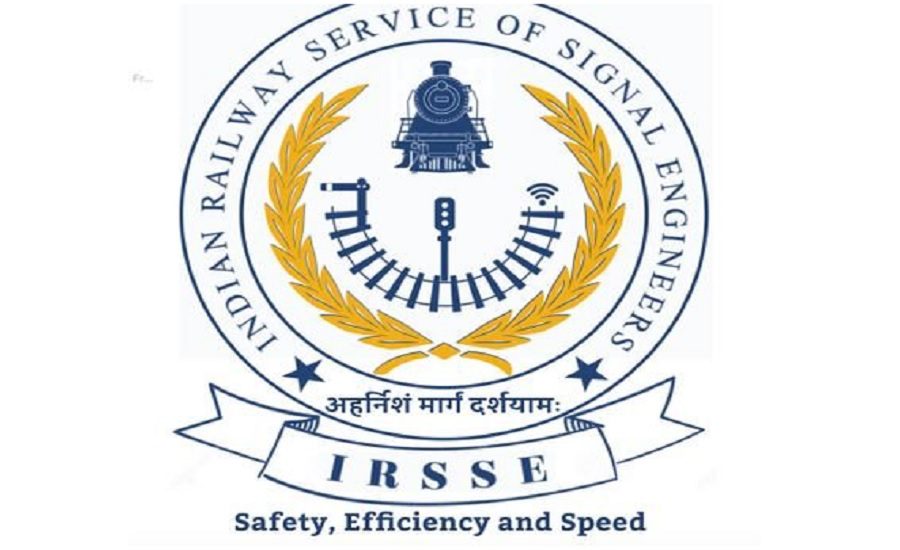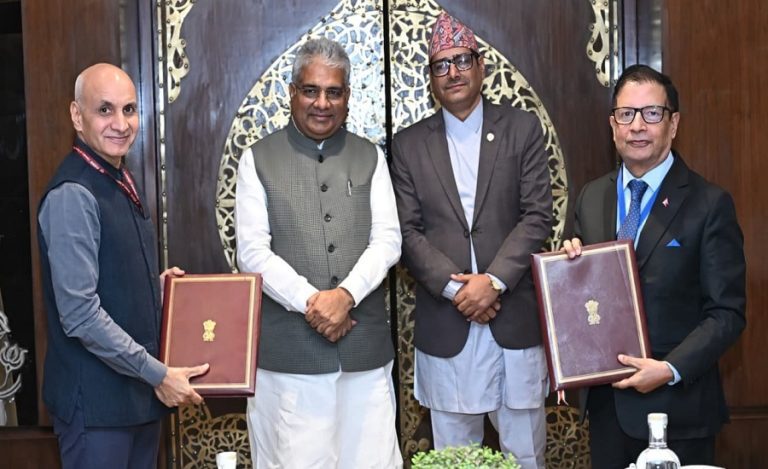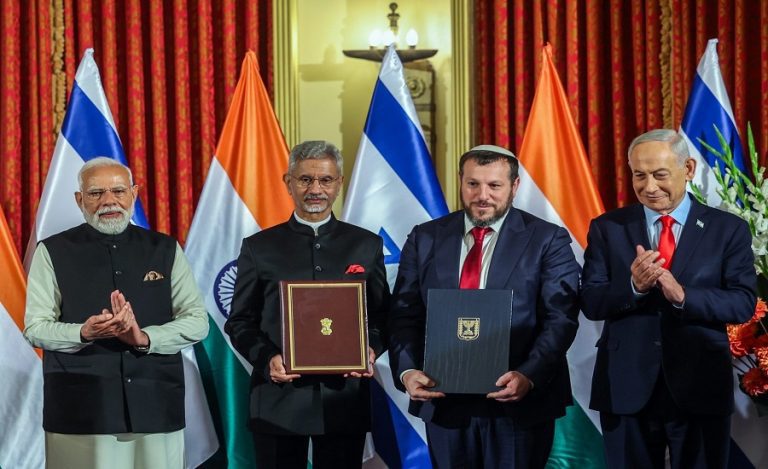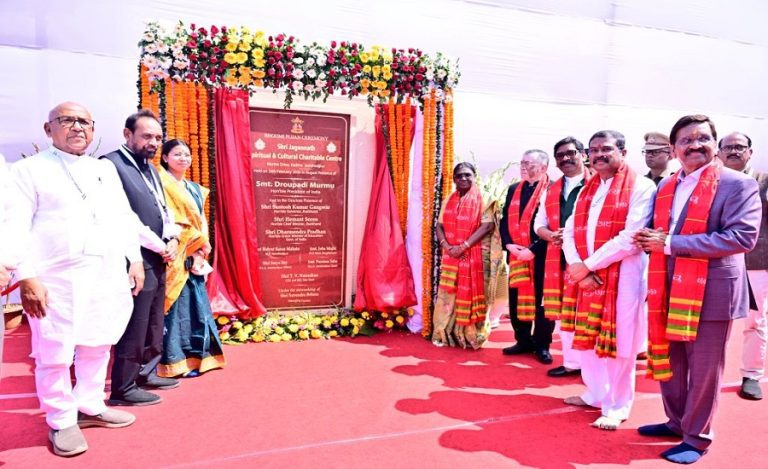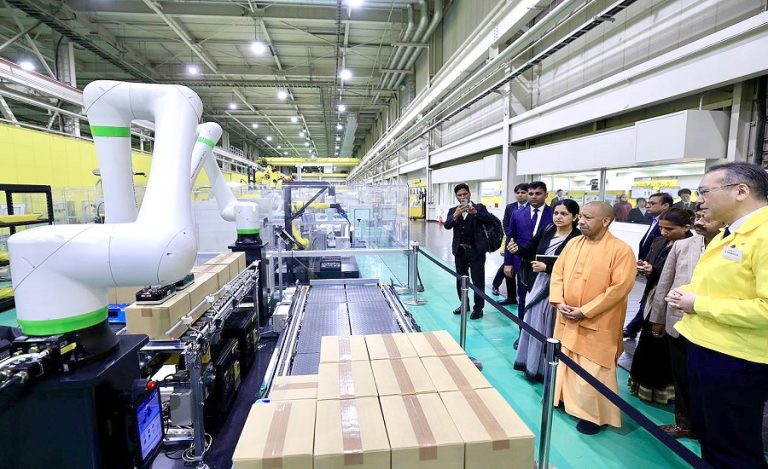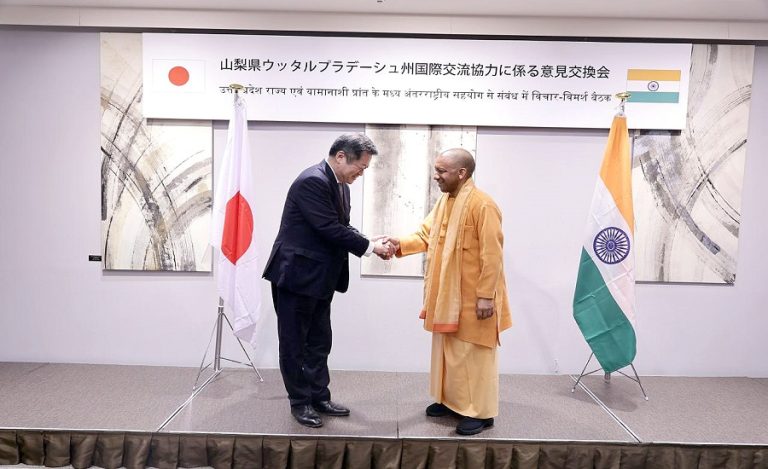New Delhi: In a significant administrative action, Gaurav Govil, a 1996-batch officer of the Indian Railway Service of Signal Engineers (IRSSE), has been debarred from all forms of central deputation for a period of five years, starting March 21, 2025.
The penalty also includes a ban on cadre clearance for foreign assignments and consultancies during this period.
Debarment Follows Failure to Join CVO Post
The action stems from Govil’s failure to assume the role of Combined Chief Vigilance Officer (CVO) for the Military Engineer Services (MES) and Border Roads Organization (BRO). His appointment was officially notified on March 21, 2025, and the Ministry of Railways was directed to relieve him to enable him to join the new post.
However, despite a follow-up reminder issued by the Department of Personnel and Training (DoPT) on April 9, urging compliance and warning of consequences, Govil failed to report for duty.
Read Also: 4 New Chief Vigilance Officers Appointed in Leading PSUs by ACC
Final Confirmation and Consequences
By May 22, 2025, the Ministry of Defence formally informed the DoPT that Govil had still not assumed charge. In response, the DoPT cancelled his appointment and issued a formal five-year debarment, citing non-compliance with deputation policy norms.
“The officer has been debarred from consideration for any kind of central deputation, including under the Central Staffing Scheme, for five years,” a government official confirmed.
Strict Enforcement of Policy
The case underscores the government’s strict enforcement of deputation norms. As per existing guidelines, officers failing to comply with appointment directives within the stipulated timeframe – 15 days from the date of notification – are subject to disciplinary action, including debarment.
The DoPT had explicitly conveyed this to the Ministry of Railways in its April communication, highlighting the policy consequences of non-compliance.

